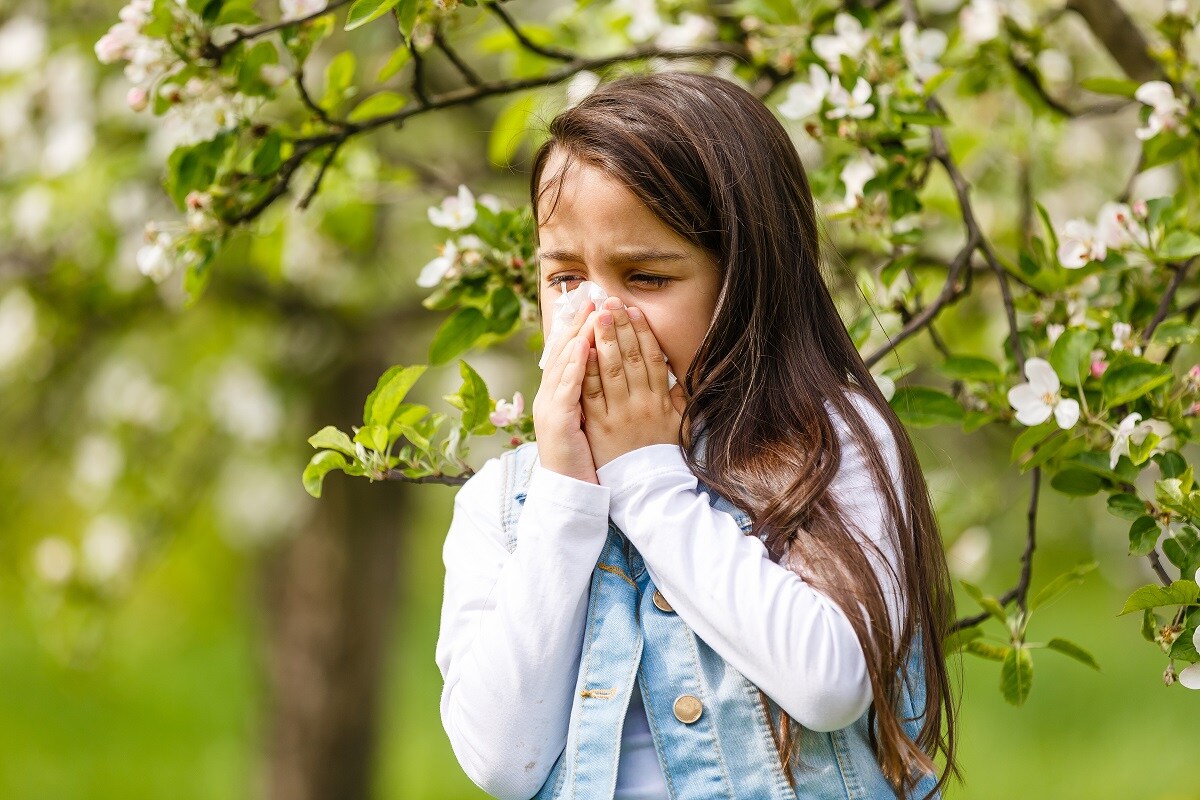by freelance writer Riley Herder
Many of us have grown accustomed to life with allergies. It may have been scary at one point in our lives, but typically with a little time and knowledge, we learn to live with them. Those fears are even greater, however, if your own child starts to show symptoms of allergies.
In truth, allergies can be frightening, especially for parents who have little or no experience with them. But there is no need to panic. The best thing you can do is educate yourself on how to test for and manage allergies. Luckily, this is relatively easy.
When should you test for allergies?
Children can show symptoms of allergies at any age. Experts say that allergy skin tests are generally held off until at least six months of age. Sometimes symptoms of allergies in very young children can go away on their own before this time.
In general, if your child has an adverse reaction to any type of food or medication, it is important to let your doctor or allergist know right away. Chances are they will want to test for allergies at this point depending on the severity of the reaction. They may also recommend closely monitoring the symptoms for a week or two to see if they persist.
Common allergy symptoms
Some of the most common symptoms of allergies in children include, in varying severity:
- Irritated skin or rash
- Sneezing
- Redness and watering of eyes
- Swollen lips, tongue, eyes and/or face
- Tightness in chest
- Vomiting, stomach aches
If any of these symptoms appear severe or are affecting the whole body rather than the site of exposure, seek medical attention immediately as it can be harmful and potentially life-threatening.
What to expect when testing
There are multiple types of tests that your allergist may or may not recommend using with your child. Commonly used skin tests are based around exposing you to a small amount of an allergen and monitoring your body’s response. Blood tests are also often used to determine allergies.
If you have allergies, then exposure to an offensive substance will cause your body to create special antibodies, resulting in various allergy symptoms.
All of these tests are perfectly safe and can help pinpoint exactly what is causing allergic reactions.
Life with Allergies
For the child with allergies, it can take some time adjusting to living with them. It will mean being much more careful about the foods they eat, being aware of things and places to avoid, and more—depending on which type of allergy your kid was diagnosed with.
See here for some common sense tips for living with allergies, and how to communicate your child’s needs to his or her caregivers.
Looking for childcare? Find help in your area here.

